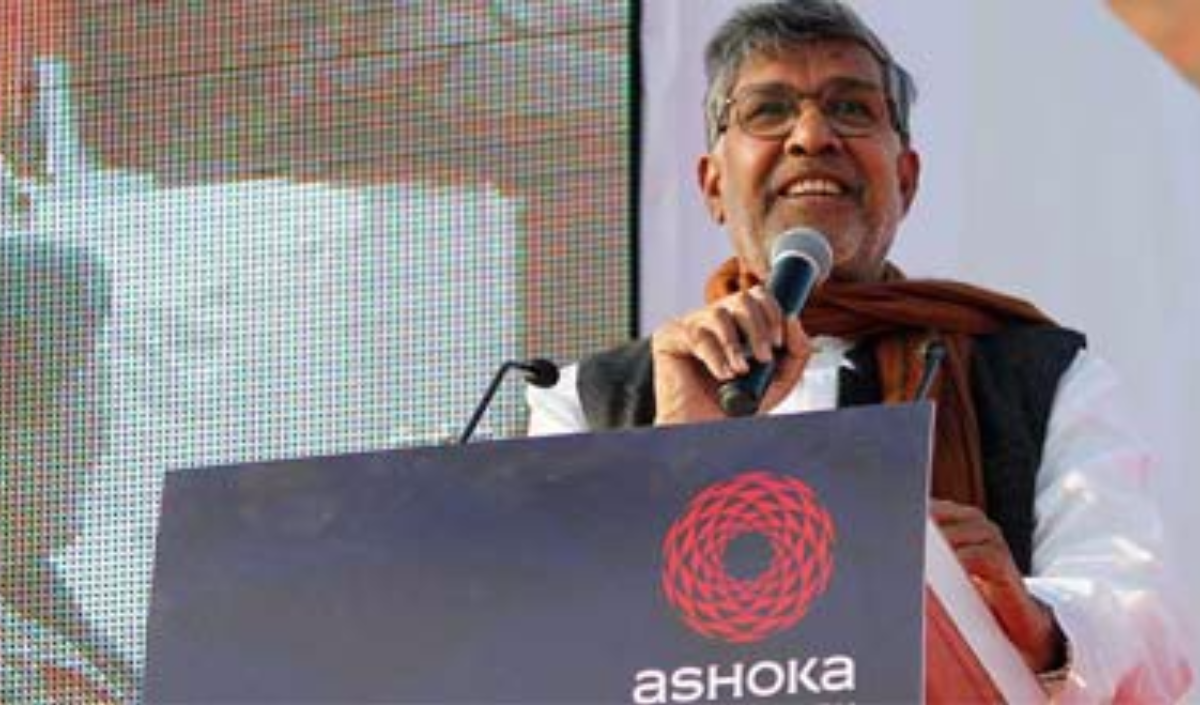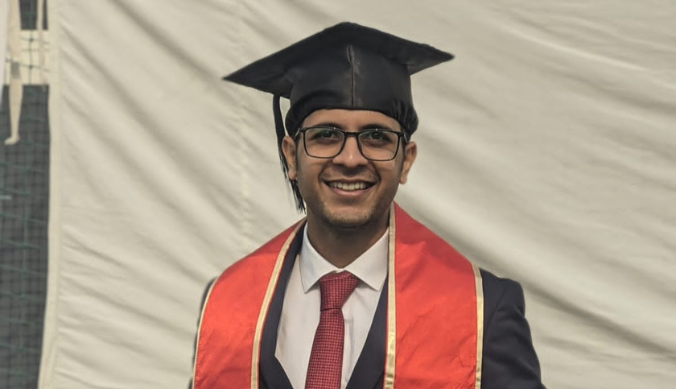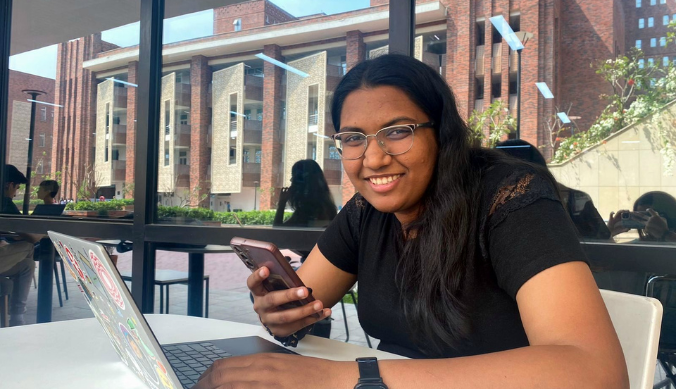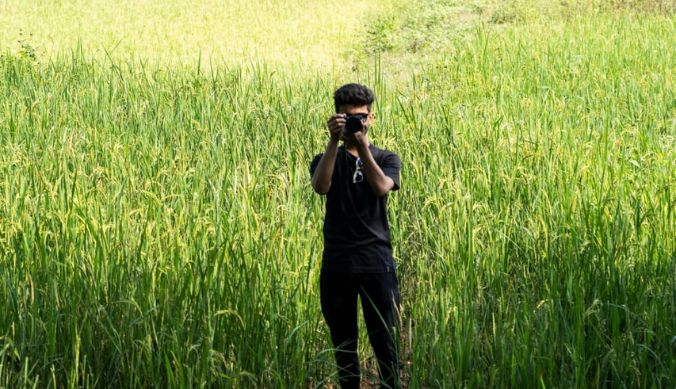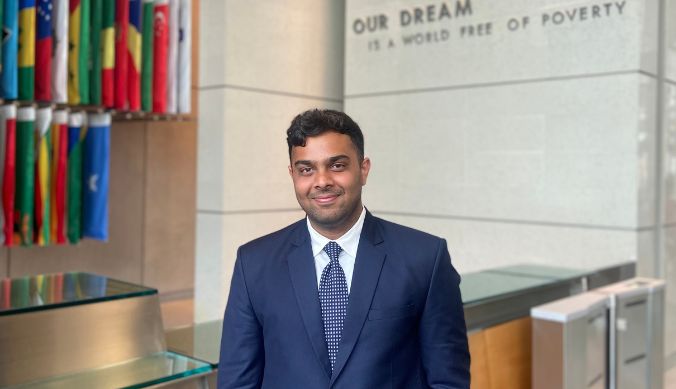Kailash Satyarthi on Liberal Arts, Leadership and being a Nobel Laureate
Highlights of Nobel Laureate Kailash Satyarthi’s speech on the official inauguration of Ashoka University.

Office of PR & Communications
1 February, 2015 | 5 Mins readThe last day of January this year was a much awaited day for founders, students, academia and Young India Fellows at Ashoka University. Years of paper-work, planning and networking finally culminated in the official inauguration of Ashoka University- a University named after one of the key patrons of Liberal Arts in Indian history- Emperor Ashoka.
On this occasion, Kailash Satyarthi, the chief guest of honour addressed to a cheering crowd of more than three hundred members of the Ashoka family assembled there, “Let me share that I feel a little jealous of you as I wasn’t lucky enough to be a student of Liberal Arts in my younger days,” he said. A student of engineering himself, Mr. Satyarthi has worked for childrens’ rights all over the world for more than four decades. In his characteristic humble manner he appreciated how Ashoka is making history via compassion, bravery, courage and leadership.
His admiration for Ashoka was unconditional, “History is written by those who take the first step and challenge wrongs and refuse to accept wrongs around them. Today, you are writing the script of a new history by creating this University here, and I salute all the founders of Ashoka who had this great vision. You are going to create the best students in the world and for the world that’s very special.” He also lauded the parents who have taken a tough yet an extremely intelligent first step by trusting the future of their children to Ashoka.
He expressed his concern for students across the world who are increasingly losing their emotional selves in the digital chaos and this age of fast moving technology. He time and again reiterated how imperative it is to be emotionally intelligent and compassionate rather than to keep worrying about earning the highest pay package or ‘becoming a tool of the big growth machine’. Satyarthi compared the youth of India to the rest of the world and commented that the youth of India still wants to do something substantial for the community unlike those of other nations. “In India, when I talk to college students or University students, I still see dreams in their eyes. I still see optimism, deep rooted idealism and a sense of purity. They still passionately want to change the environment around them,” he said.
He stressed the importance of having dreams, being able to dream and giving others a chance to dream. He recounted his life-altering experiences with children in Africa and Latin America who had been witnesses and victims of abuse. He recounted how he had asked them simple questions like “Do you have any dream? What do you want to become?” and the children had had no idea about what that meant.
His impassioned words of encouragement had a deep impact on his young as well as the experienced audience at Ashoka. He appreciated the hard work and grit of the founders of the University who had fervently worked towards founding Ashoka. He appreciated the will of the founders who are contributing significantly towards India’s future by starting a philanthropic initiative like Ashoka.
“I do hope that one day, one of you will come here at this stage and celebrate after winning the Nobel Prize and follow my path of giving this medal to the nation. Career and compassion are not contradictory. If you discover that compassion and that leader inside you, each one of you has the potential to win a Nobel Prize,” said Mr. Satyarthi amidst a thunderous applause in response to his inspiring words.
(The writer is a Fellow at Young India Fellowship, Class of 2015)





